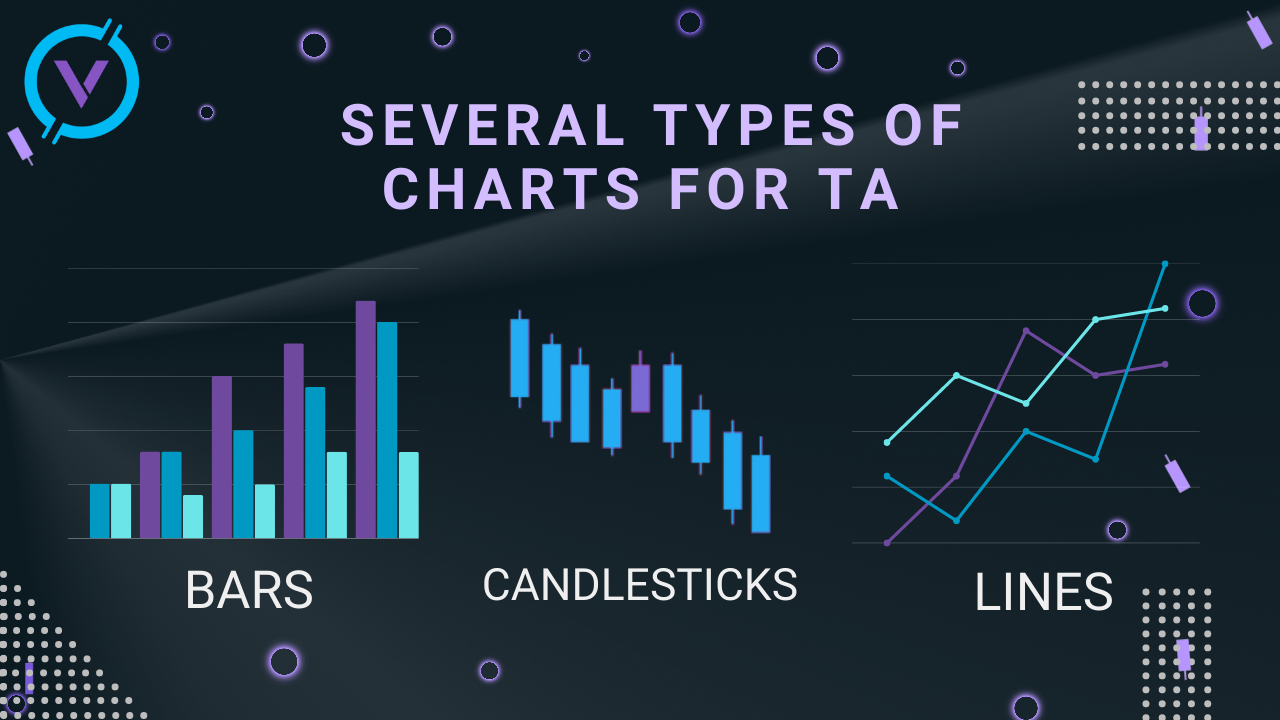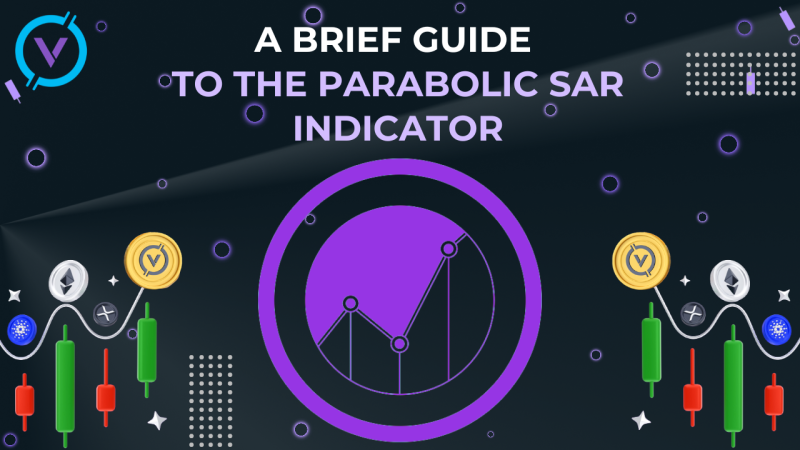One thing to remember: TA is hard!
To begin with, let's remember what Technical analysis is:
Technical analysis (or TA for short) is the art of predicting price movements through the study of charts that show how an asset has traded in the past. It is necessary to find and compare patterns that have been encountered before. It is assumed that past models are highly likely to work in the future.
All price movements in the cryptocurrency market are subordinated to human psychology. If any models have worked in the past, then there is every reason to assume that they will work in the future. This is the most beautiful part of technical analysis, you can rely on patterns and models.

But as in any case, you can always make a mistake. It is easy to master the basics of Technical analysis, but it is difficult to become a professional in the analysis and it will take time and experience. In fact, losses are an inevitable part in trading. Experienced people can make them. You should understand everything well, see trends on price charts and remember that it is better not to give in to emotions. At first, you risk losing a significant part of your capital.
The purpose of this article is to tell you in advance about possible mistakes in technical analysis that you can avoid. We can also offer you to get acquainted with our articles on technical analysis “What Is Technical Analysis?” , “The Psychology of Market Cycles”. Moreover, we wrote about the Indicators of technical analysis.
So, what mistakes can beginners face and make in TA?
1. Not cutting your losses
It may seem obvious, but you should always remember to protect your capital.
When making a deal, you expect the price to rise or fall. In case of an unfavorable price change, it is necessary to fix the loss in time, otherwise the losses increase and become uncontrollable. Suppose the price has reached a value at which a loss should be fixed. It may seem to you that the market situation will change soon, and the price will turn in your direction.
But it is better to limit losses in time and not "tolerate" the growing minus. Holding a losing position does not guarantee a return of the price to the initial value and prevents making new promising transactions. At the appropriate moment, you will be able to re-open the position (re-enter the transaction) if the forecast regarding the price remains the same.
2. Overtrading
Overtrading is a practice closely related to the psychology of trading. The term which means disproportionate work either because we open or close too many positions, or because of excessive volume of transactions, forcibly and irrationally for various reasons related to emotions.
When we make this mistake, we usually put more money at risk than we can afford in the hope of making up for the losses. In most cases, the trader does not know that he has reached overtrading, so it is very important to know the signs and causes of overtrading, as well as how to avoid them.
There are many reasons why we can overdo it in trading, and almost all of them are related to a lack of control over emotions. The right approach to trading is not only to have a good strategy and put it into practice. Calmness and maximum control over emotions can determine the success or failure of a transaction.
3. Revenge trading
The desire to recoup is such a common mistake among traders that it would seem that market participants should have understood everything long ago.
A situation when you thoughtlessly open one or more positions in an attempt to compensate for annoying losses on a previous transaction.
When a trader suffers losses, he has an understandable desire to return the money, as well as anger, fear and greed. Sometimes this one becomes so unstoppable that a person starts making irrational decisions, making ever larger trades that run counter to your trading plan. Thus, you act impulsively, trying to “take revenge" on the market.
The bigger the loss, the more you want to strike back, but as you already know, irrational trades usually end in failure. Unfortunately, most novice traders easily succumb to the desire for revenge, not realizing how dangerous it is to take revenge on the market: making a deal that is initially a mistake, you risk losing all your trading capital.
It is worth keeping a calm, disciplined, cold mind and the most logical thing is to get rid of trading at the moment.
4. Being too stubborn
Self-confidence is one of the basic qualities of a person that allows you to achieve success in a variety of fields, including trading. But some people do not see the difference between self-confidence and a sense of their own powerness in the market, stubbornness. Often a novice investor or speculator mistakenly believes that he can benefit from almost any price movement.
The idea that I am right and stubborn in general leads to the opening of a deal without the necessary analysis with a "cold" head. When a position becomes unprofitable, the situation is aggravated by the desire to recoup, usually leading to even greater losses.
To avoid this, you should always keep the focus on the trading process, and not on the final financial result, especially if you are a novice trader.
What is more, because of stubbornness, you can ignore opportunities, strategies, and so on just because, having succumbed to emotions, a person thinks that he will always be right. It is worth developing critical thinking and taking an example from others. Then there will be progress.
5. Rely entirely on technical indicators
Allowing technical forex indicators to determine all your trading actions is not the best idea. Any RSI, MACD and Stochastic should serve only as auxiliary factors. Ultimately, your brain and strategy should tell you what to do next, using the information provided by technical assistants.
Yes, unfortunately, you will have to make decisions on your own at every step. But the real profit in the financial markets gets the one who can take full responsibility for his actions.
Conclusion
In this article, we have considered the main and most important aspects that are worth paying attention to. But in any case, you need practice. Thanks to this, you will find your strengths, be able to control emotions by understanding the consequences and will definitely succeed.


